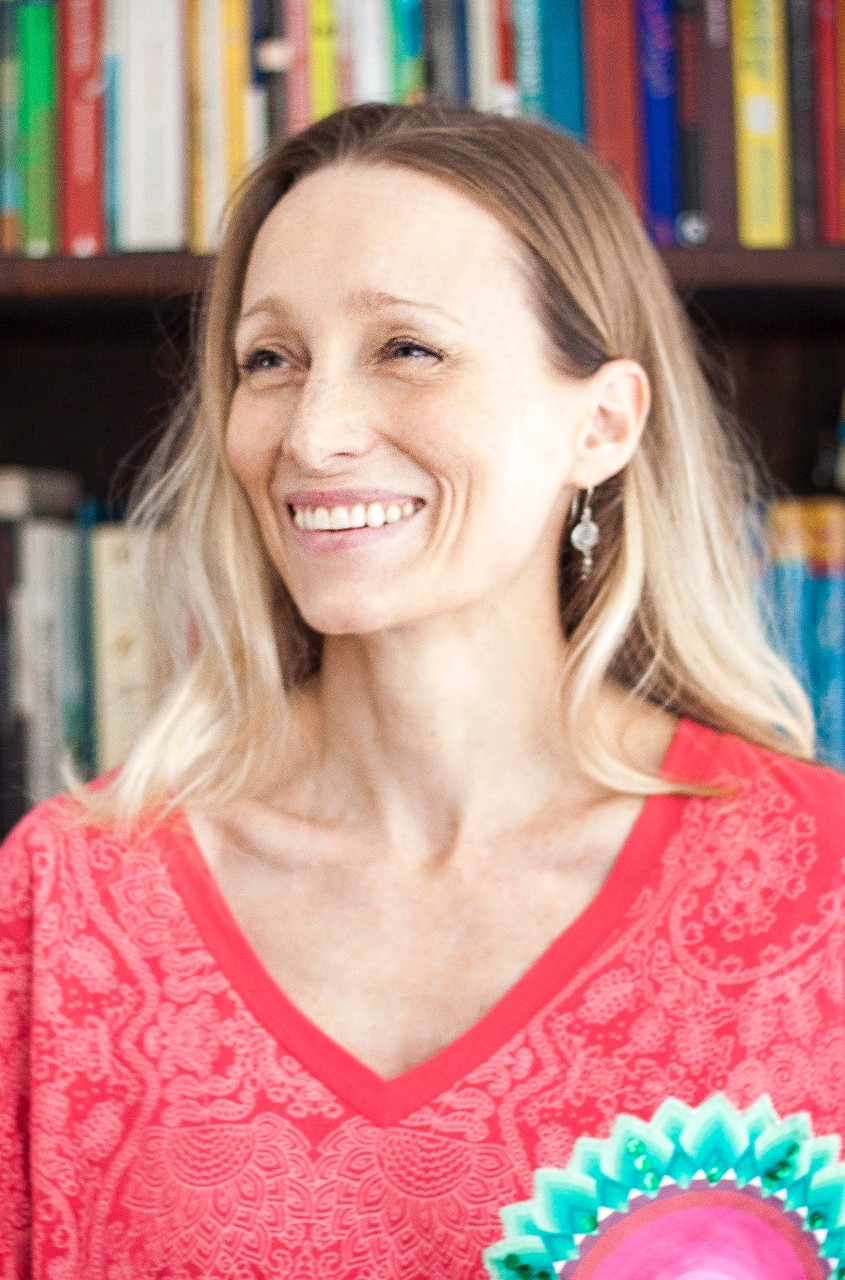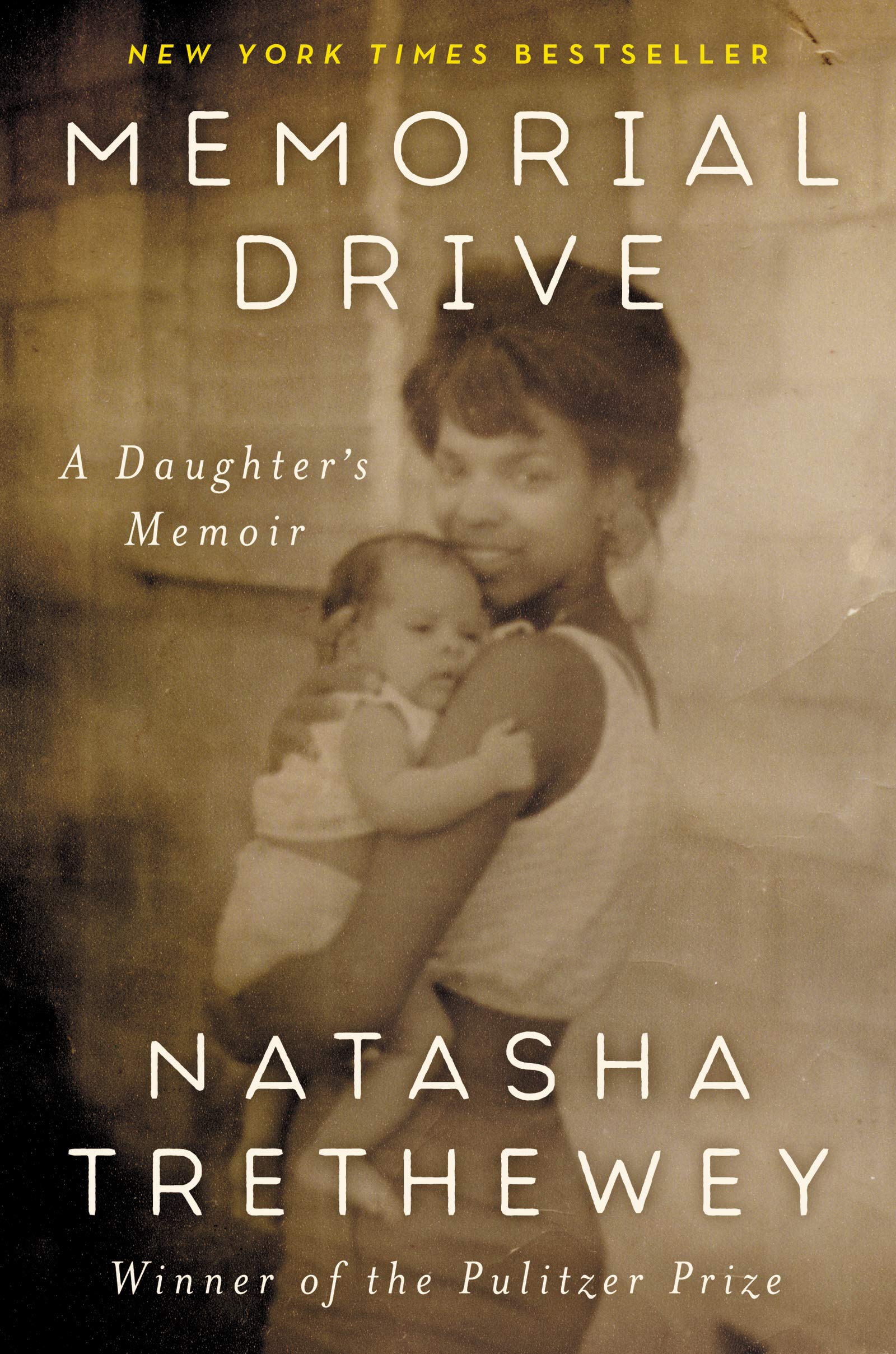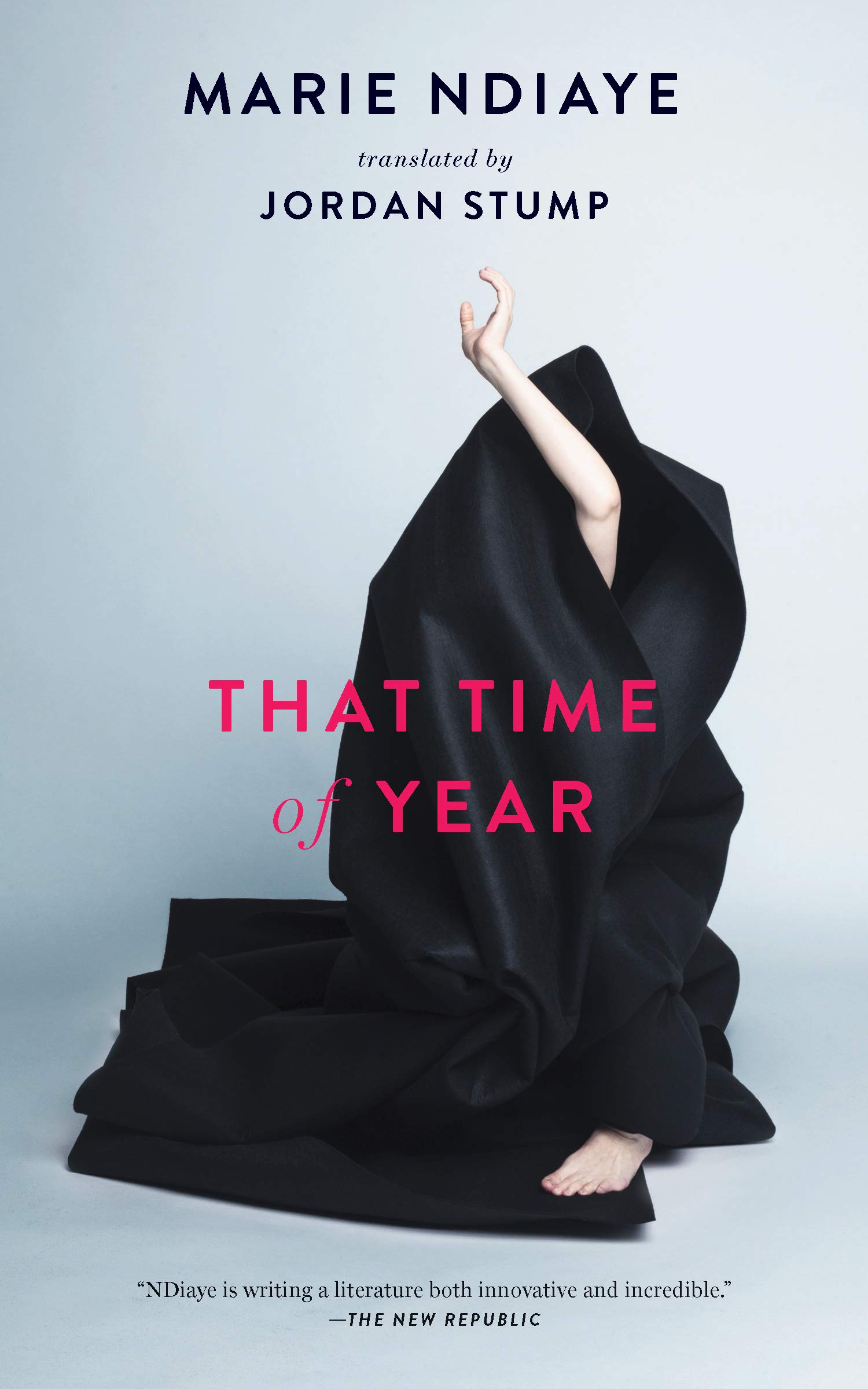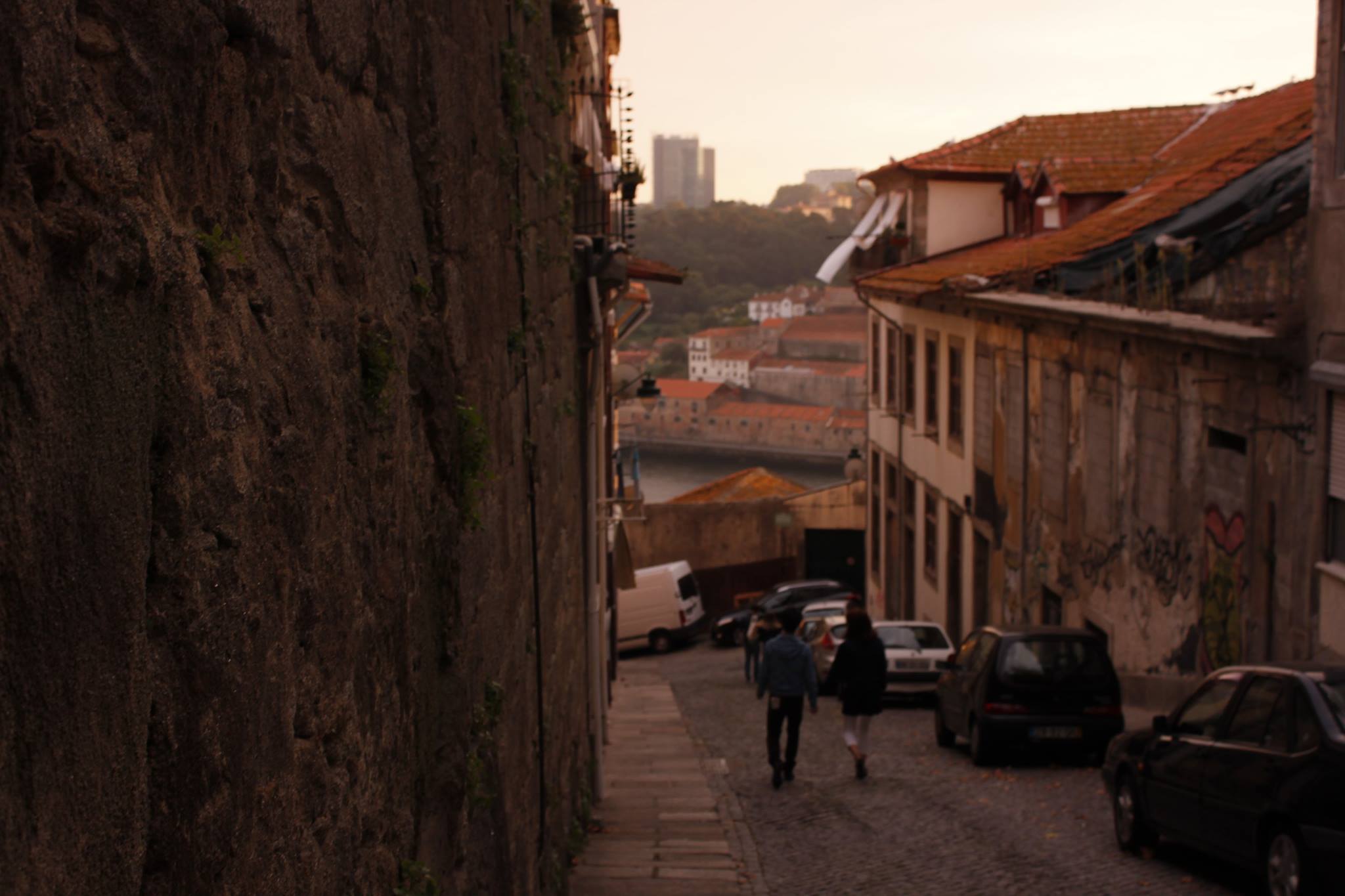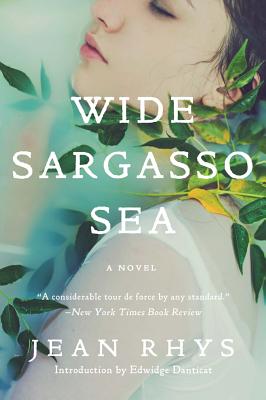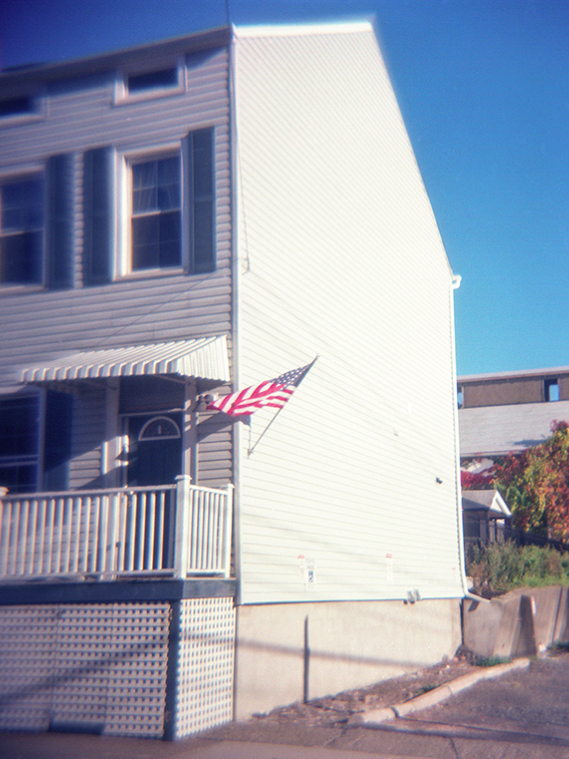
It’s that time of year again: bid for a personalized, handwritten postcard from your favorite author through The Common’s seventh annual author postcard auction! The personalization of the postcards makes them fantastic gifts, just in time for the holidays.
Join in on the fun this year for a chance to receive a postcard from New York Times-bestsellers, National Book Award-winners, and MacArthur Fellows. In the past few years, authors have famously gone all out with their postcards: expect to receive anything from long letters to drawings and doodles to haikus.
New this year, in celebration of The Common’s 10th anniversary, some bidders will also receive rewards from Penguin Classics! The first and every fifth bidder, plus the highest bidder and top two underbidders (just missed out on winning!), will receive one of a handful of books from the gorgeous Deluxe or hardcover Vitae series including F. Scott Fitzgerald’s The Great Gatsby, George Elliot’s Middlemarch, and the autobiography of Frederick Douglass.
Online bidding will open to the public at 10 am EST on November 9, 2020. Participating authors include literary powerhouses such as André Aciman, Susan Choi, and Valeria Luiselli, as well as writer-performers Jenny Slate and David Sedaris. Newcomers to the auction include acclaimed writers Anne Carson and Phil Klay and world-renowned singer/songwriter Natalie Merchant.
If you’re interested in supporting The Common but don’t want to bid, click here to donate.


